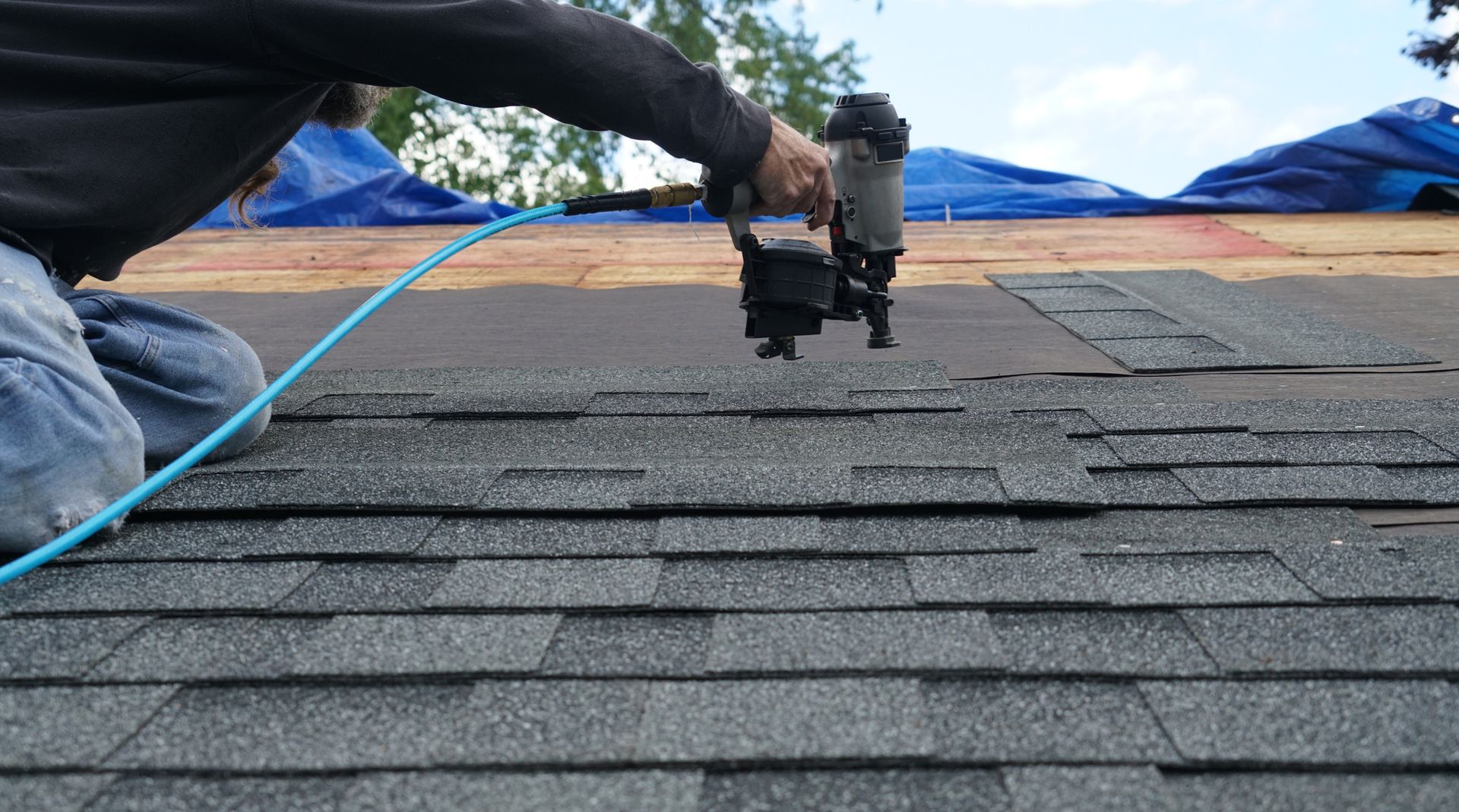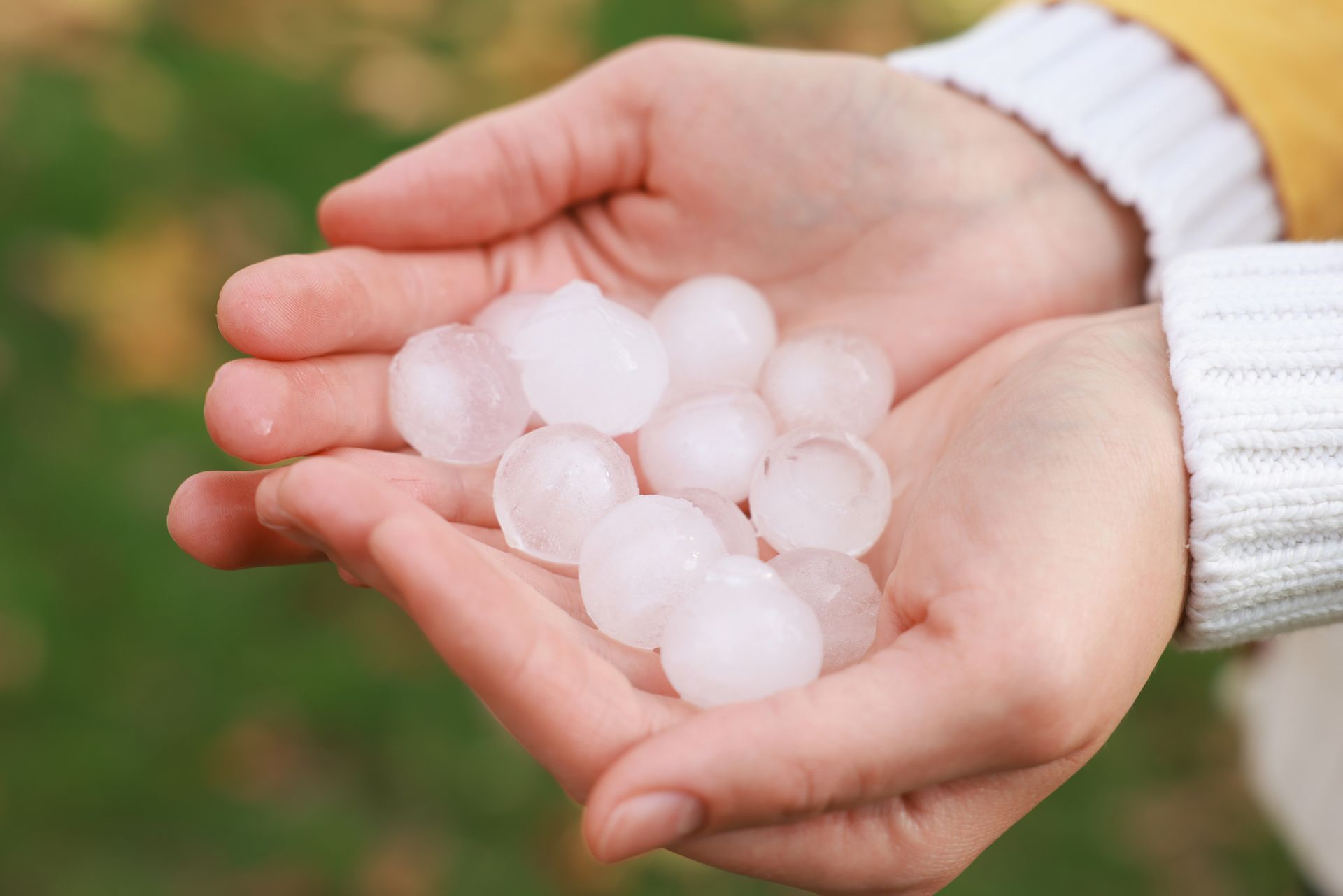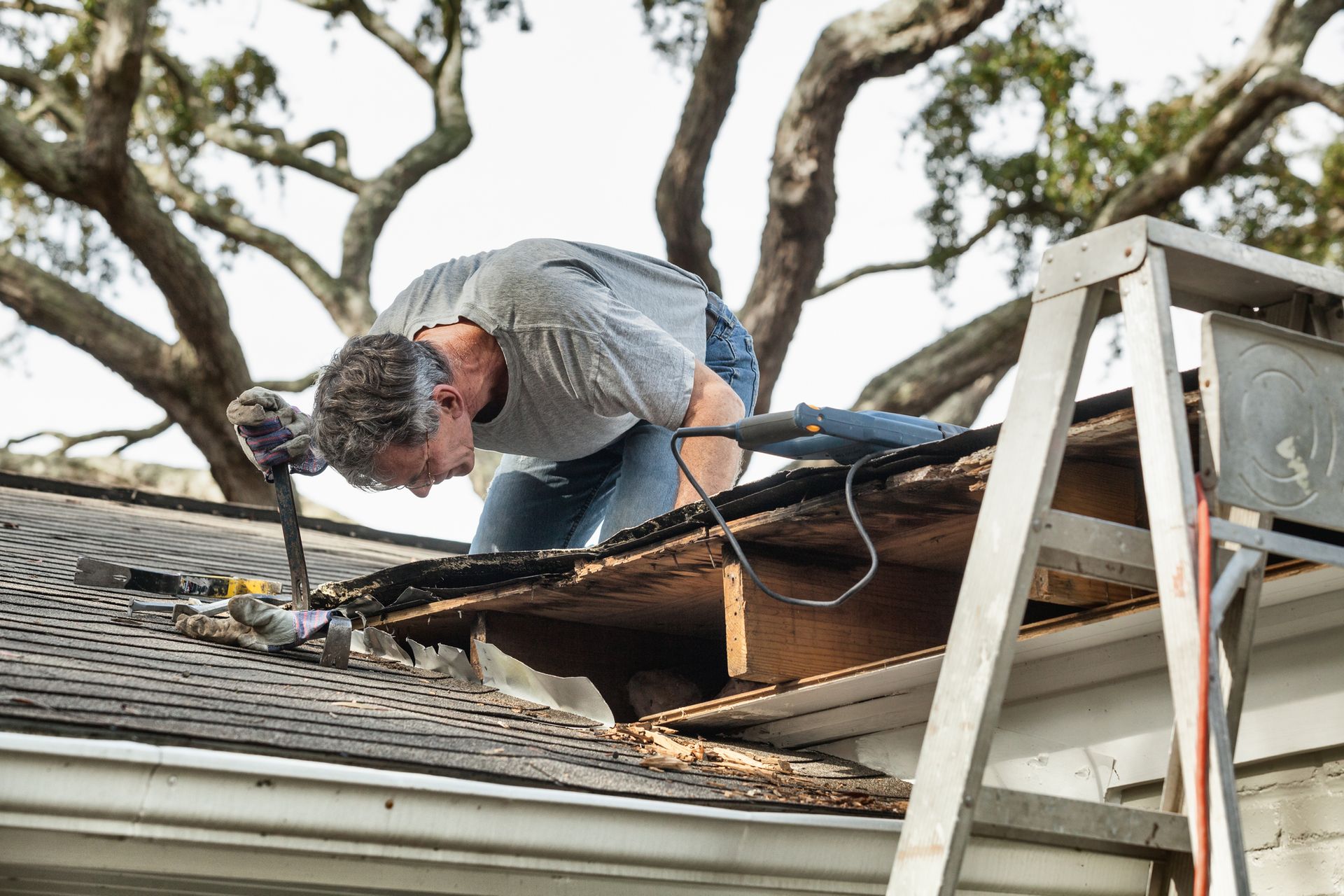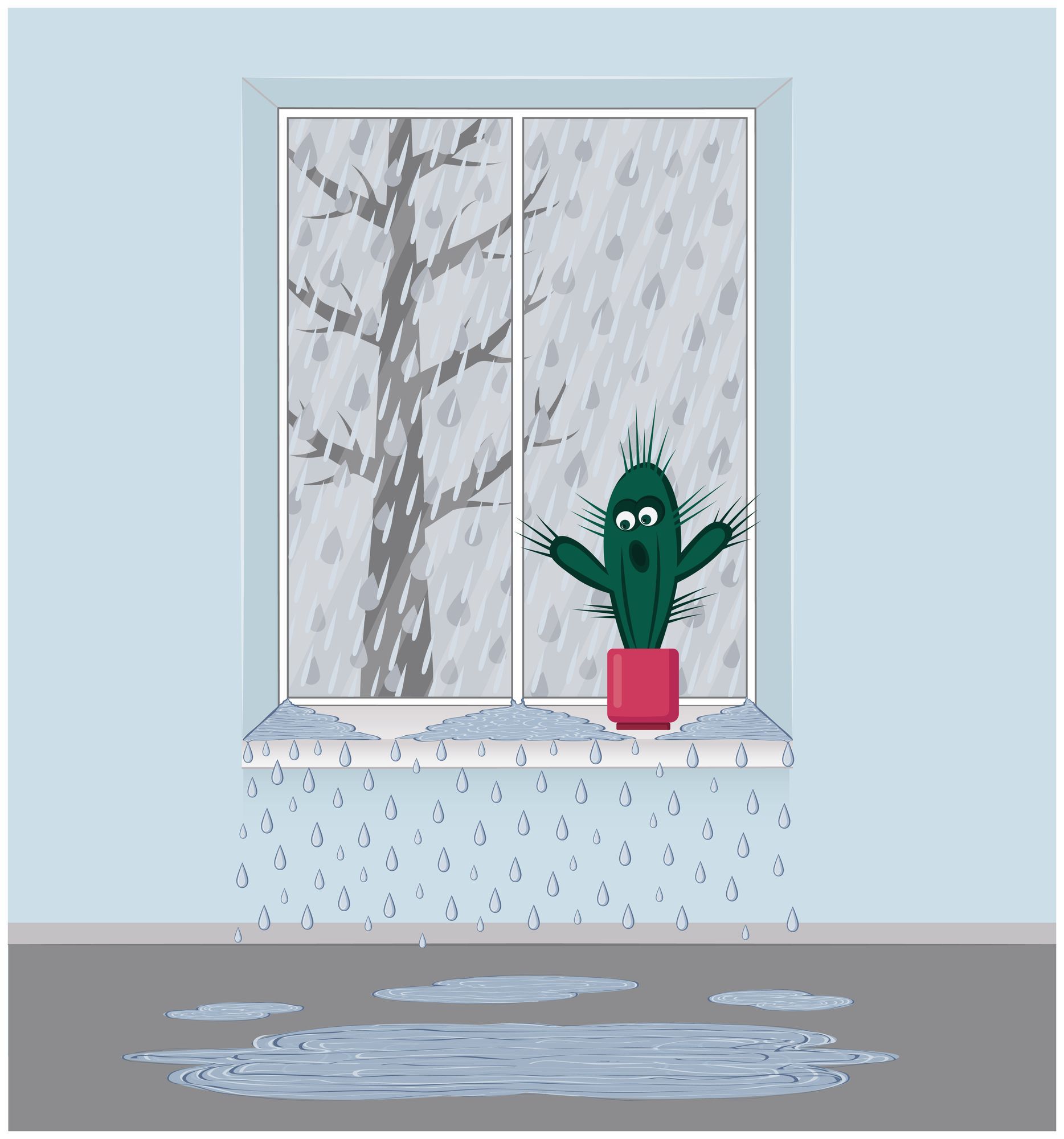After a Natural Disaster, When to Relocate vs. Renovate
After a Natural Disaster, When to Relocate vs. Renovate

There were 90 natural disasters in the U.S. in 2019. In addition to severe storms, there were cold waves, flash floods, and wildfires. Many people who reside in a region prone to severe weather, droughts, or fires already have plans in place to keep themselves and their families safe.
It's impossible to prevent natural disasters, and that's the biggest problem. You can prepare (and should), but sometimes even the best preparations aren't enough to keep your home standing.
Having to deal with extensive and expensive damage to your home after a natural disaster isn't something anyone wants to think about. There are some things you need to know about home recovery, including which option to choose. If you live in a high-risk area, familiarizing yourself with both the pros and cons will make your decision easier.
After a natural disaster, what should you do when relocating and when renovating?
When Renovation Is Worth the Effort
Renovating a home that has been damaged by a natural disaster can be overwhelming. Depending on its condition, you might not even know where to begin. Before you make any decision, you should consider these factors:
- Is it cheaper to relocate or renovate?
- What is your emotional attachment to the house?
- What does the current real estate market look like?
- Is it the right time for your family to move?
Those questions can help you decide whether to stay. Usually, renovations are worth the effort when they are less expensive, but it's okay to let your sentimental side take over as well. Having an attachment to your home and wanting your children to grow up there can be a strong enough reason to stay.
In the immediate aftermath of your return, the most important thing is to determine whether your home is safe. As you make your decision, make sure your family is adequately fueled and your food supplies are protected. Keeping everyone's safety in mind will give you a bit more time to think things through and determine what is best for everyone.
When it comes to renovating, even when it seems overwhelming, there are plenty of pros to consider. Renovations to your home don't have to be as overwhelming as they initially seem. You just have to find a place to stay for a while while the work is being done.
When Relocating Is Worth the Effort
There are a few situations in which relocating seems more sensible, overall. There are times when natural disasters cause damage to your home that reveals underlying issues. If your house is older, for instance, the pipes may be wrapped in asbestos, or the wall may be contaminated with the same substance. Exposure to asbestos can cause scarring of lung tissue and even lead to mesothelioma. Foundation damage could be another sign it's time to move since renovations will be costly and take a long time to complete.
When considering moving, there are a lot of factors to consider. A move is more than just finding a new home. It's about moving your family to a new location. If you're moving somewhere less prone to disasters, everyone will have to adjust to some changes and be willing to adapt to the new environment. Especially with young children, that isn't always easy. Consider things like:
- Getting used to a new neighborhood
- Leaving friends and family
- Deciding on urban or rural living
- Creating a time frame for moving
- Knowing how to get around in a new place
You should also estimate the costs. Most of the time, renovating is cheaper than moving somewhere new, especially if the market favors sellers.
Relocating is a viable option if your safety is in question or if you were considering it already. However, it isn't a decision you should make lightly or right away. Instead, take the time to think about these important factors. Relocating is a big step for a family, and if you don't consider every aspect of it, it could be a negative experience rather than a positive one.
How to Renovate the Right Way
Renovations after a natural disaster differ from renovations undertaken voluntarily. As you begin the process, be patient. Water damage doesn't disappear overnight. Things won't return to normal right away.
You will be more relaxed and less overwhelmed by the projects at hand if you show patience when making your decision. You can reduce the stress of restoration by hiring a professional company. It is also a good idea to have a professional home inspector evaluate your floors and walls and tell you what needs to be done to keep your family safe.
You will be able to turn your renovation into a passion project once you have covered all your safety bases. Consider painting your home the way you've always wanted or adding a few amenities you have been meaning to do for a while. By taking care of these tasks now, you won't have to deal with renovation stress in the future. You may find it less stressful if you know you can include some "wants" along with your needs.
It can be difficult to know what to do after a natural disaster. Renovations and relocation come with pros and cons, and the right choice depends on the individual. You shouldn't let the initial shock of having to renovate keep you from staying in your current home if you want to save a bit of money, if you love your home, and if you don't want to deal with much stress from moving. Organize yourself and manage your finances effectively to find the best option for your family.
Let Roof Tarp & Board Up help board up your windows and trap your roof. We are here to help!










